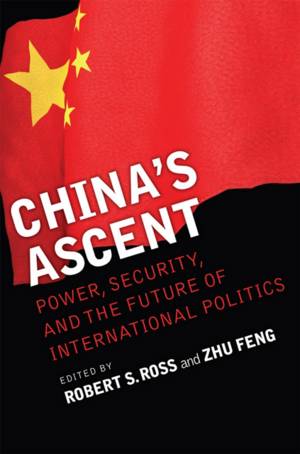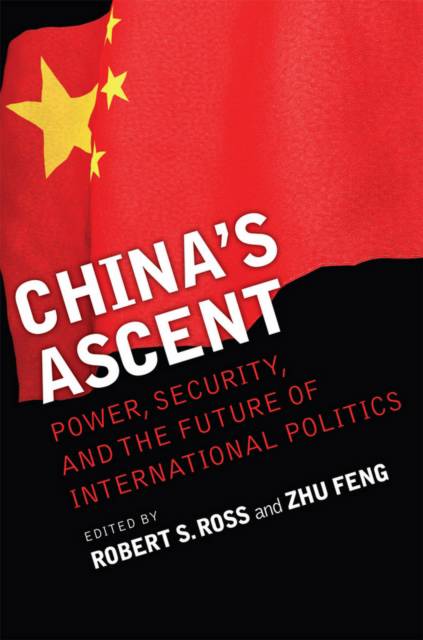
- Retrait gratuit dans votre magasin Club
- 7.000.000 titres dans notre catalogue
- Payer en toute sécurité
- Toujours un magasin près de chez vous
- Retrait gratuit dans votre magasin Club
- 7.000.000 titres dans notre catalogue
- Payer en toute sécurité
- Toujours un magasin près de chez vous
China's Ascent
Power, Security, and the Future of International Politics
Description
Assessments of China's importance on the world stage usually focus on a single dimension of China's increasing power, rather than on the multiple sources of China's rise, including its economic might and the continuing modernization of its military. This book offers multiple analytical perspectives--constructivist, liberal, neorealist--on the significance of the many dimensions of China's regional and global influence.Distinguished authors consider the likelihood of conflict and peaceful accommodation as China grows ever stronger. They look at the changing position of China "from the inside" How do Chinese policymakers evaluate the contemporary international order and what are the regional and global implications of that worldview? The authors also address the implications of China's increasing power for Chinese policymaking and for the foreign policies of Korea, Japan, and the United States.
Contributors: Robert Art, Brandeis University; Avery Goldstein, University of Pennsylvania; G. John Ikenberry, Princeton University; Byung-Kook Kim, Korea University; Jonathan Kirshner, Cornell University; Jeffrey W. Legro, University of Virginia; Jack S. Levy, Rutgers University; Qin Yaqing, China Foreign Affairs University; Robert S. Ross, Boston College; Akio Takahara, University of Tokyo; Tang Shiping, Nanyang Technological University, Singapore; Wei Ling, China Foreign Affairs University; Zhu Feng, Peking University
Spécifications
Parties prenantes
- Editeur:
Contenu
- Nombre de pages :
- 336
- Langue:
- Anglais
- Collection :
Caractéristiques
- EAN:
- 9780801474446
- Date de parution :
- 15-09-08
- Format:
- Livre broché
- Format numérique:
- Trade paperback (VS)
- Dimensions :
- 157 mm x 229 mm
- Poids :
- 476 g






